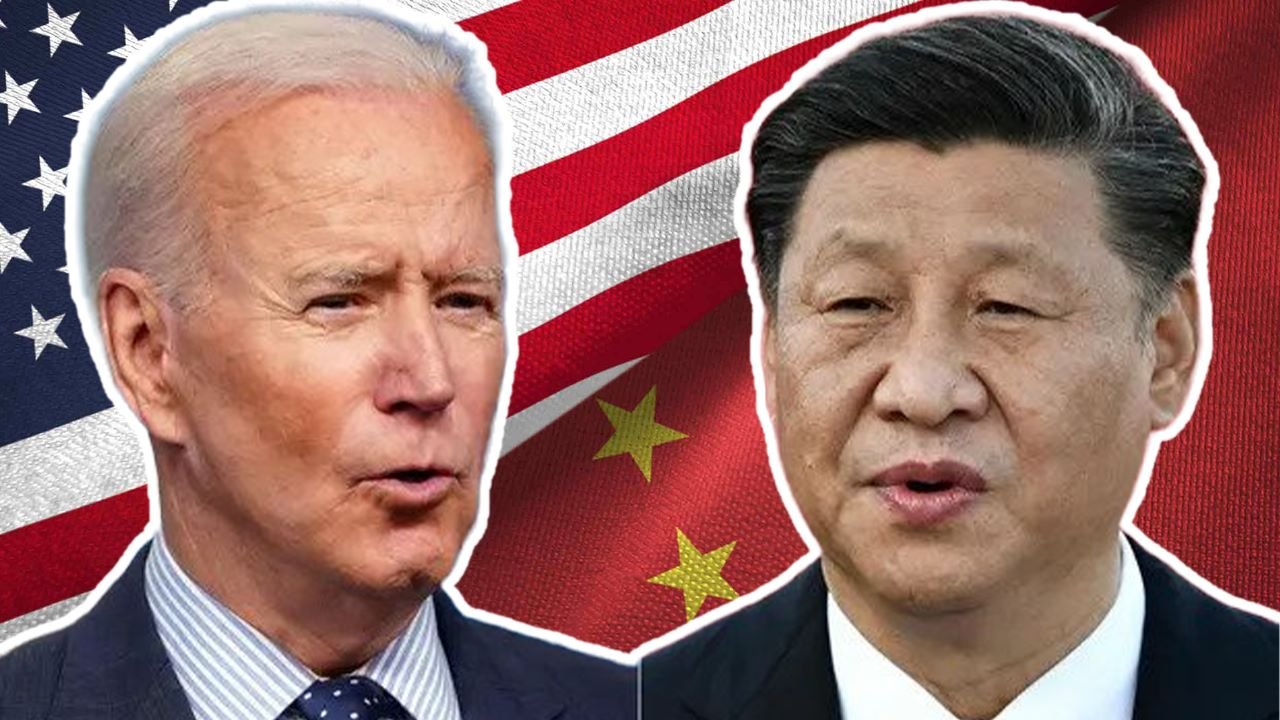According to the US National Association of Realtors (NAR), the Chinese have been the leading foreign buyers of US residential property for the 11th consecutive year. Prior to this, China was discovered to have been purchasing strategically located farmland near military installations throughout the US, sparking national security concerns over potential espionage or sabotage.
According to the US National Association of Realtors (NAR), the Chinese have remained the top foreign buyers of US residential property for the 11th consecutive year.
Over the 12 months ending in March 2024, Chinese buyers spent $7.5 billion on US homes, down from $13 billion the previous year, representing a drop of more than 40%. This decline is attributed to a strong dollar and rising property prices.
Residential Property Data
The NAR, which has tracked this data since 2009 and has 1.5 million members, includes buyers from mainland China, Hong Kong, and Taiwan as Chinese.
The top destinations for international buyers are Florida, Texas, California, Arizona, and Georgia, which together account for 53% of foreign home purchases. The largest foreign buyer groups are from Canada (13%), China (11%), Mexico (11%), India (10%), and Colombia (4%).
Canadians purchased the most residential units, acquiring 7,100 homes, while Chinese buyers acquired 6,000 homes—a 45% decrease from the previous year.
Despite buying fewer units, Chinese buyers had the highest average purchase price among international buyers at $1.26 million and the highest median price at $697,900. This preference for expensive markets like California and New York, which accounted for 25% and 10% of their purchases, respectively, drove the higher prices.
Overall, international buyers accounted for 2% of the $2.1 trillion US residential market, purchasing $42 billion worth of existing homes, which was a 21% decrease from the previous year.
Chinese Interests Extend Beyond Residential Properties
Chinese investors are not only focusing on residential properties but also on acquiring US farmlands, which has raised national security concerns among US lawmakers and officials.
A May 2022 report by the US-China Economic and Security Review Commission titled “China’s Interests in US Agriculture: Augmenting Food Security through Investment Abroad” was the first to highlight this issue.
On June 20th, the New York Post reported that China has been purchasing strategically located farmland near military installations across the US. This has sparked national security fears over potential espionage or sabotage.
The Post identified 19 bases from Florida to Hawaii near land purchased by Chinese entities, including some of the military’s most strategically important bases: Fort Liberty in Fayetteville, North Carolina; Fort Cavazos in Killeen, Texas; Marine Corps Base Camp Pendleton in San Diego, California; and MacDill Air Force Base in Tampa, Florida.
Sources suggest that under the guise of farming, Chinese landowners could potentially set up surveillance equipment or use drones to monitor military sites.
According to the January data from the US Department of Agriculture, China claims 349,442 acres out of roughly 40 million acres of foreign-owned farmland, or 0.87 percent.
Chinese ownership of US agricultural land increased by about 550 acres from 2015 to 2019. However, from 2019 to 2020, it surged by 30%, rising from approximately 247,000 to 352,000 acres. U.S. companies with Chinese shareholders more than doubled their acreage that year, adding 102,000 acres.
According to a Forbes report, in 2021, China acquired an additional 32,000 acres, a significant 98% increase over its total growth from 2015 to 2019.
Foreign Ownership Of U.S. Farmland
The 2024 Journal of the American Society of Farm Managers and Rural Appraisers published a research paper titled “Mapping and Contextualizing Foreign Ownership and Leasing of U.S. Farmland.”
It notes that while there is no outright federal ban on foreign land ownership, the Agricultural Foreign Investment Disclosure Act (AFIDA) of 1978 requires foreign investors to report their acquisitions, transfers, or leases of 10 years or more to the Secretary of Agriculture.
The research underscores that long-term leases have significantly driven the increase in foreign interest in US farmland over the past 20 years, a factor often overlooked in policy debates. Additionally, it highlights that individuals and companies from “adversary” countries—China, Venezuela, Iran, Cuba, and Russia—account for just 1% of all foreign-owned agricultural land in the US.
Chinese Investments Near Military Sites
Chinese nationals have sneaked into military bases and other sensitive US sites more than 100 times in recent years, as the Wall Street Journal reported last year.
In 2021, the China-based Fufeng Group Ltd. purchased farmland near an Air Force base in Grand Forks, North Dakota. However, officials raised security concerns and barred the company from constructing a corn mill on this land.
In 2023, another Chinese company purchased land in Michigan near the nation’s largest National Guard training facility in Grayling, claiming it would be used for constructing an EV battery plant.
A few years ago, Texas lawmakers blocked a Chinese billionaire from developing a wind farm near Laughlin Air Force Base due to concerns about potential hacking of the state’s power grid and spying. The billionaire, Sun Guangxin, had purchased 140,000 acres in Val Verde for $110 million, with 15,000 acres allocated for the wind farm.
In May 2024, the US government blocked a Chinese-backed cryptocurrency mining firm from owning land near Francis E. Warren Air Force Base in Wyoming, citing national security risks. The firm, MineOne Partners Ltd., purchased land within one mile of the base in 2022 but did not report the acquisition to the U.S. Committee on Foreign Investment until a public tip prompted an investigation.
Legislative Actions Against Foreign Ownership Of Critical Infra
These developments have prompted legislative actions.
To oversee potentially suspicious land transfers, the Department of Agriculture mandates that foreign entities purchasing US agricultural land file a report detailing their acquisitions within 90 days. However, these reporting requirements are frequently ignored.
However, from 2015 to 2018, the Department did not enforce penalties for violations due to staff shortages, leading 28 lawmakers to criticize the department’s “complete lack of accountability and oversight” in a letter obtained by the Wall Street Journal.
Since 2023, at least 81 bills banning Chinese ownership of US land, covering both farmland and real estate, have been introduced in 33 states. Currently, 24 states have varying restrictions on foreign purchases of farmland.
In July 2023, the US Senate passed a ban to prevent hostile states such as China, Russia, North Korea, and Iran from purchasing American farmland. Another bipartisan bill, the Protecting America’s Agricultural Land from Foreign Harm Act, is currently under discussion.

A Critical National Security Concern
The issue of Chinese land acquisitions in the United States, particularly near military installations, has become a topic of significant debate.
While some columnists dismiss the issue by labeling it as “American politics” and “another case of anti-China hysteria,” the strategic significance of these land purchases is a critical national security issue. And cannot be overlooked.
The 2023 Chinese spy balloon incident and concerns about national security risks have intensified the debate over foreign ownership of US agricultural land. This event, coupled with the pattern of land acquisitions near sensitive military sites, has led to a heightened awareness of potential vulnerabilities. As a result, there is a growing call for a comprehensive reassessment of federal policies governing foreign land purchases.
- Shubhangi Palve is a defense and aerospace journalist. Before joining the EurAsian Times, she worked for E.T. Prime. In this capacity, she focused on covering defense strategies and the defense sector from a financial perspective. She offers over 15 years of extensive experience in the media industry, spanning print, electronic, and online domains.
- Contact the author at shubhapalve (at) gmail (dot) com.


